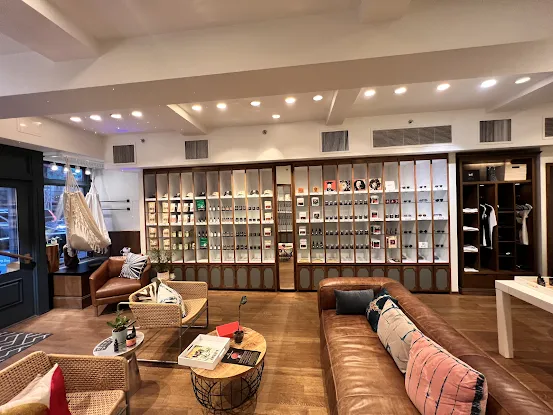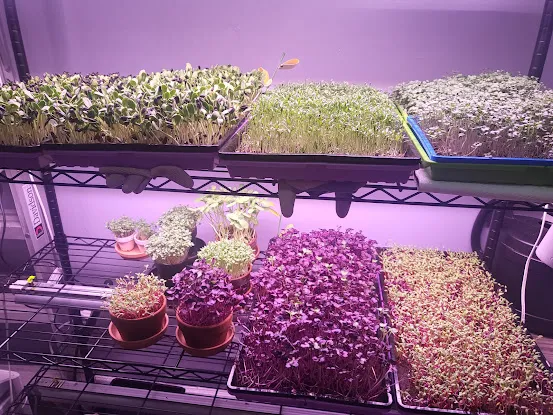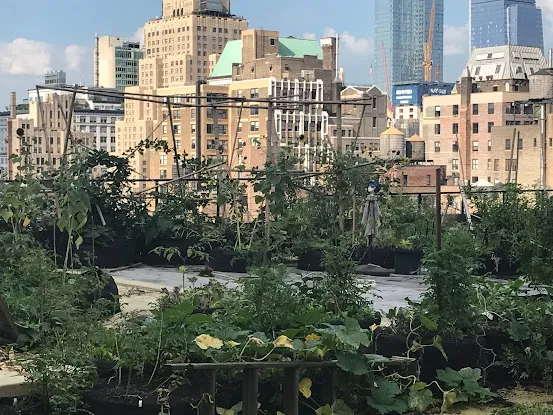Crop grower Midtown Manhattan
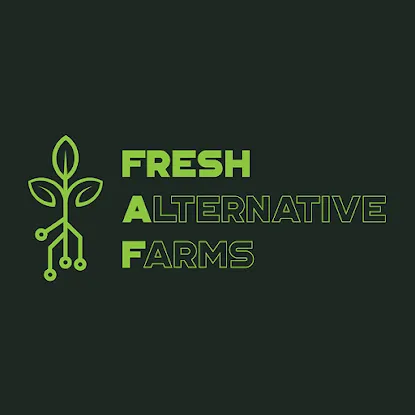
Fresh Alternative Farms: FreshAF
Midtown Manhattan
1038 Flushing Ave Brooklyn, NY 11237 United States
Empire State Greenhouses, LLC
Midtown Manhattan
240 E 47th St Suite 20D New York, NY 10017 United States
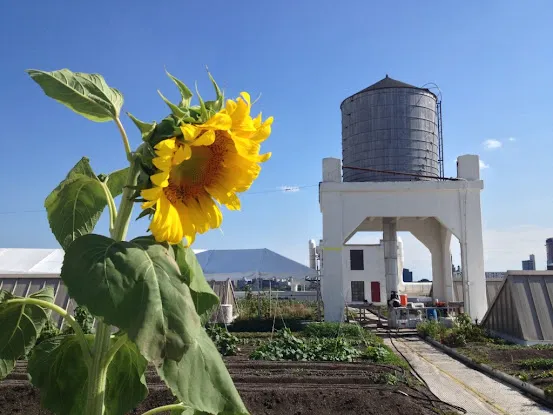
City Growers
Downtown Manhattan
63 Flushing Ave Building 3, Suite 1105 Brooklyn, NY 11205 United States
Discovering Crop Growers in Midtown Manhattan
Midtown Manhattan is not just known for its towering skyscrapers and bustling streets; it is also home to a community of innovative crop growers who are redefining urban agriculture. With the rise of sustainability and the demand for fresh produce, these businesses are making a significant impact in the heart of New York City.
The Urban Farming Revolution
As urban areas continue to expand, the concept of urban farming has gained momentum. In Midtown Manhattan, crop growers utilize limited space to cultivate a variety of fruits and vegetables, bringing the farm closer to the city. Techniques such as hydroponics and vertical farming allow these growers to maximize their yield while minimizing their environmental footprint.
Diverse Offerings
Crop growers in Midtown Manhattan provide a range of products that cater to the health-conscious and environmentally aware consumer. From organic greens to heirloom tomatoes, the offerings are as diverse as the city's population. Many of these growers also participate in local farmers' markets, providing residents with direct access to fresh produce.
Community Engagement
Midtown's crop growers are not just businesses; they are integral parts of the community. They often host workshops and events to educate the public about sustainable practices and the importance of eating locally sourced food. This engagement fosters a sense of community and encourages individuals to support local agriculture.
Challenges and Opportunities
While the concept of urban farming is promising, it does come with its challenges. Limited space, high costs, and regulatory hurdles can hinder the growth of crop growers in Midtown Manhattan. However, the resilience and creativity of these entrepreneurs often lead to innovative solutions, ensuring that urban agriculture continues to thrive in this iconic area.
Why Visit Crop Growers in Midtown Manhattan?
Visiting crop growers in Midtown Manhattan offers a unique experience that combines education, sustainability, and community. It presents an opportunity to learn about food production in an urban setting and to appreciate the hard work that goes into bringing fresh produce to the table.
For those interested in discovering more about crop growers and other businesses in the area, be sure to check out www.manhattan-nyc.com for a comprehensive listing of local establishments.
In conclusion, crop growers in Midtown Manhattan are not just cultivating plants; they are cultivating a movement towards sustainability and community resilience. Their contributions are vital to the urban landscape, making the city a greener and more vibrant place.
